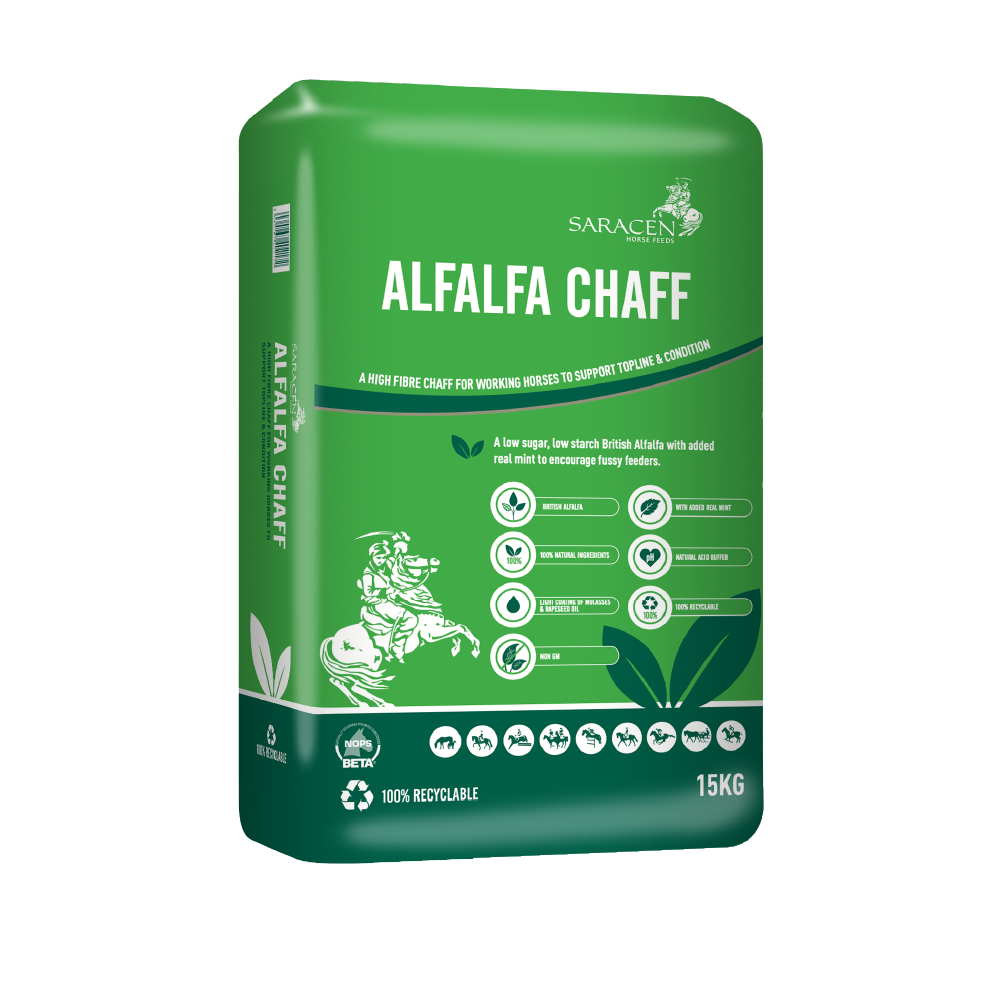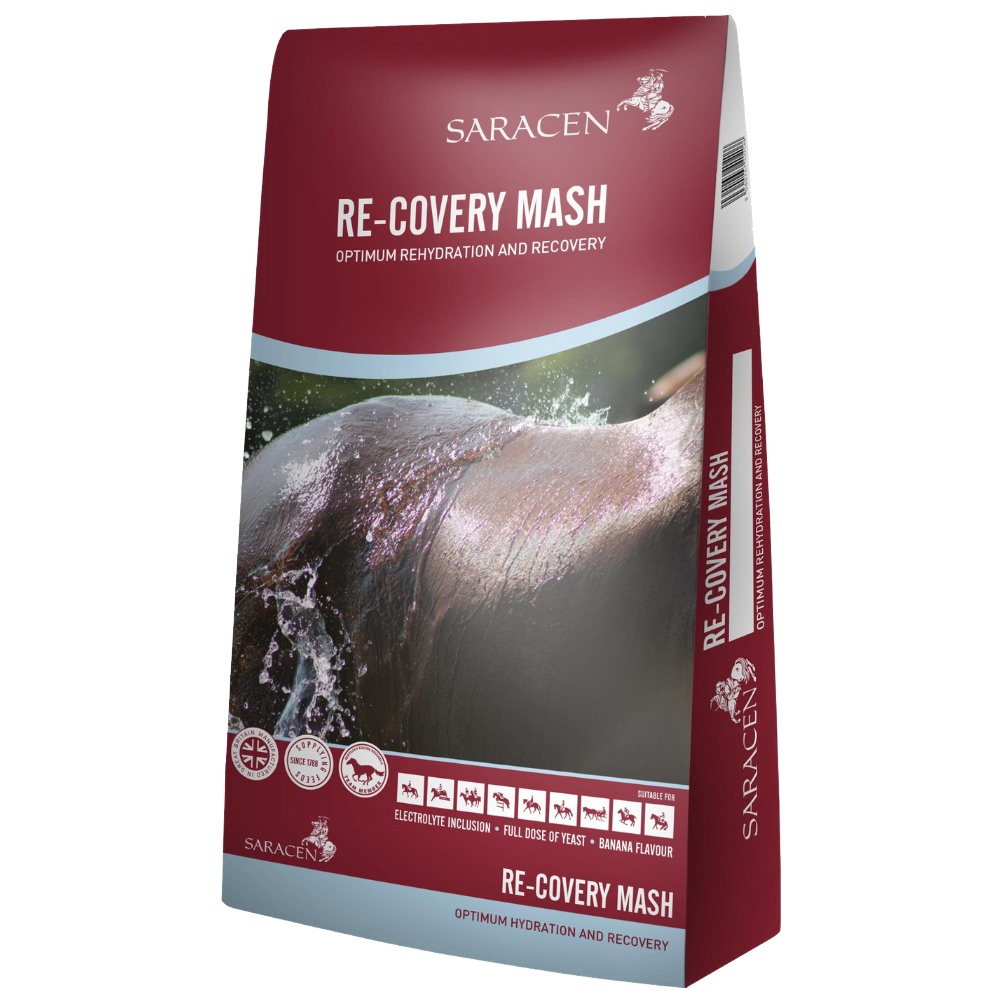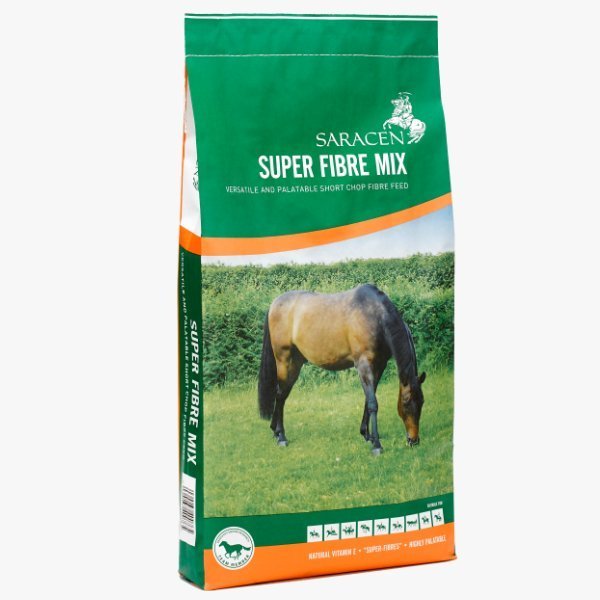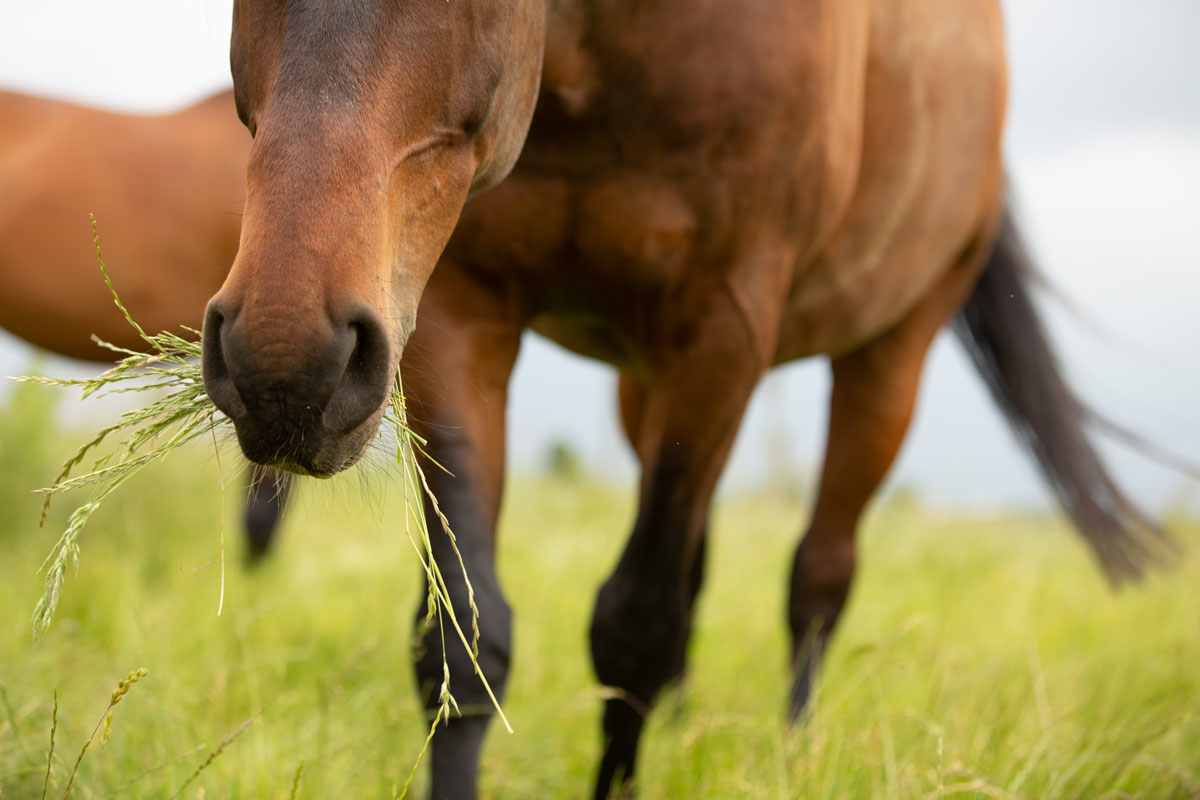Horse colic is a health issue that, unfortunately, is very common and in severe cases can lead put even the animals’ lives at risk.
In our article we will find out in detail what colic is, what are the triggers and how you can do prevention.
The topic is very broad, which is why we will try to talk about it in a general way providing some advice, always remembering that the veterinarian’s help is very important in dealing with each individual case.
Nevertheless, knowing the subject will be crucial to helping the horse in unpleasant situations.
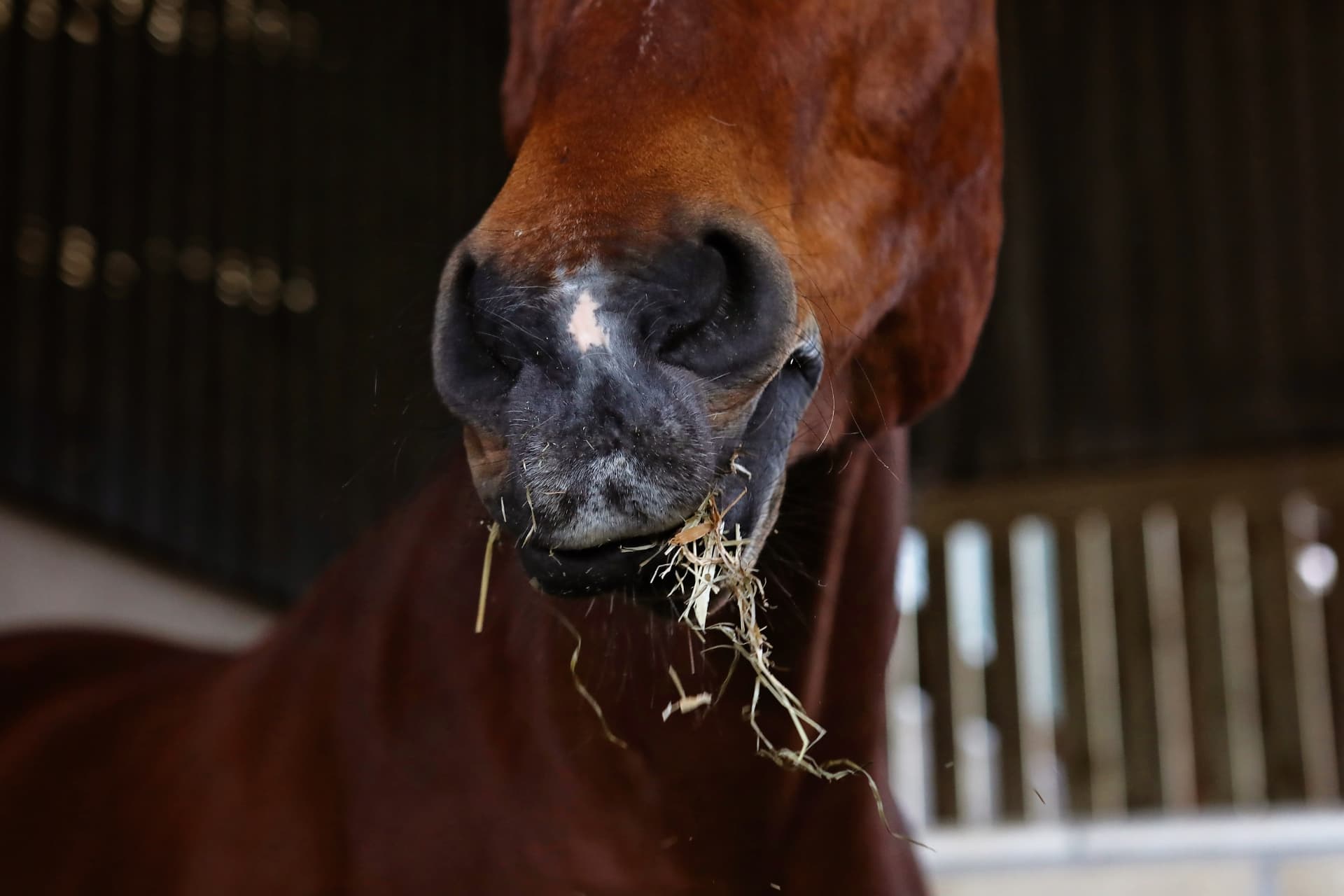
What is horse colic?
Horse colic cannot be defined as a true disease, but can more correctly be defined as a set of symptoms that can cause considerable discomfort to the horse.
Colic is a term used to describe acute abdominal pain that in the worst cases can prove fatal.
This detail is not to be overlooked at all, in fact the speed of the veterinarian’s intervention is very important in any case to avert the highest risks.
It can be experienced by any horse, but is more common in younger and older horses.
The most common symptoms of colic are:
- Reduced appetite
- Increased respiratory rate
- Increased heart rate
- Decreased urine output
- Abnormal change in gait
- Atypical behavior (rolling, excessive sweating, other repetitive movements)
- Severe irritation of the abdominal region
If left untreated, a colic can become severe and put your horse’s life at risk.
Causes of horse colic
Horse colic can occur due to a wide variety of factors:
– Feeding high grain and/or molasses content
– Diet changes
– Dehydration
– Stress
– Dental pathologies
– Excessive workload
– Overly accelerated recovery from activities
– Gastro-intestinal parasites
– Intestinal obstruction
– Constipation
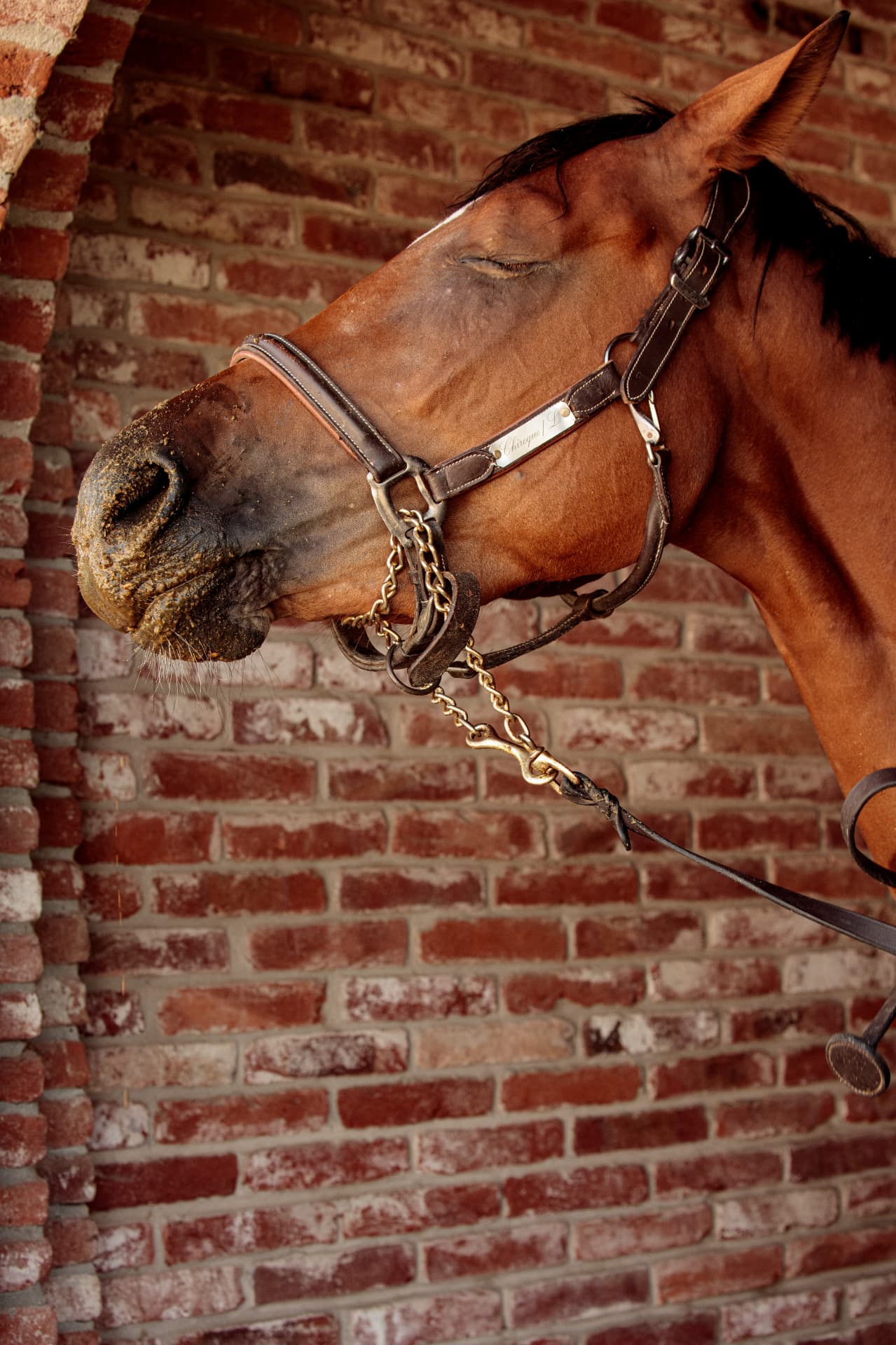
How to prevent horse colic
Generally, colic prevention is the key to ensuring the horse’s well-being.
To prevent this obnoxious and often serious problem, there are some basic steps you can follow to act early:
Providing a balanced diet
Ensure that the horse always has access to an adequate amount of quality hay and feed, rich in fiber, possibly molasses-free and low in grain.
It may also be helpful to divide food rations so as not to overload the digestive system.
Check hydration levels
Make sure the horse has access to plenty of fresh, clean water at all times.
Monitor ambient temperatures
When temperatures are high, make sure the horse has a chance to stay in the shade and sheltered from excessive heat.
Watch for changes in gait and behavior
If you notice a change in the horse’s gait and behavior, contact your veterinarian immediately.
Maintaining a regular routine
It is important for the horse to exercise regularly, without excessive workloads.
Arrange periodic visits to the veterinarian
Allowing the veterinarian to check the horse periodically will avert many of the risks listed such as parasites, dental disease, and gastrointestinal problems.
Beware of foods contaminated with bacteria, molds and other pathogens.
It may be important to store feeds and/or forages away from any pathogens to avoid nasty surprises.
The same thing applies to hay: purifying it and feeding it with a feeder are two great actions.
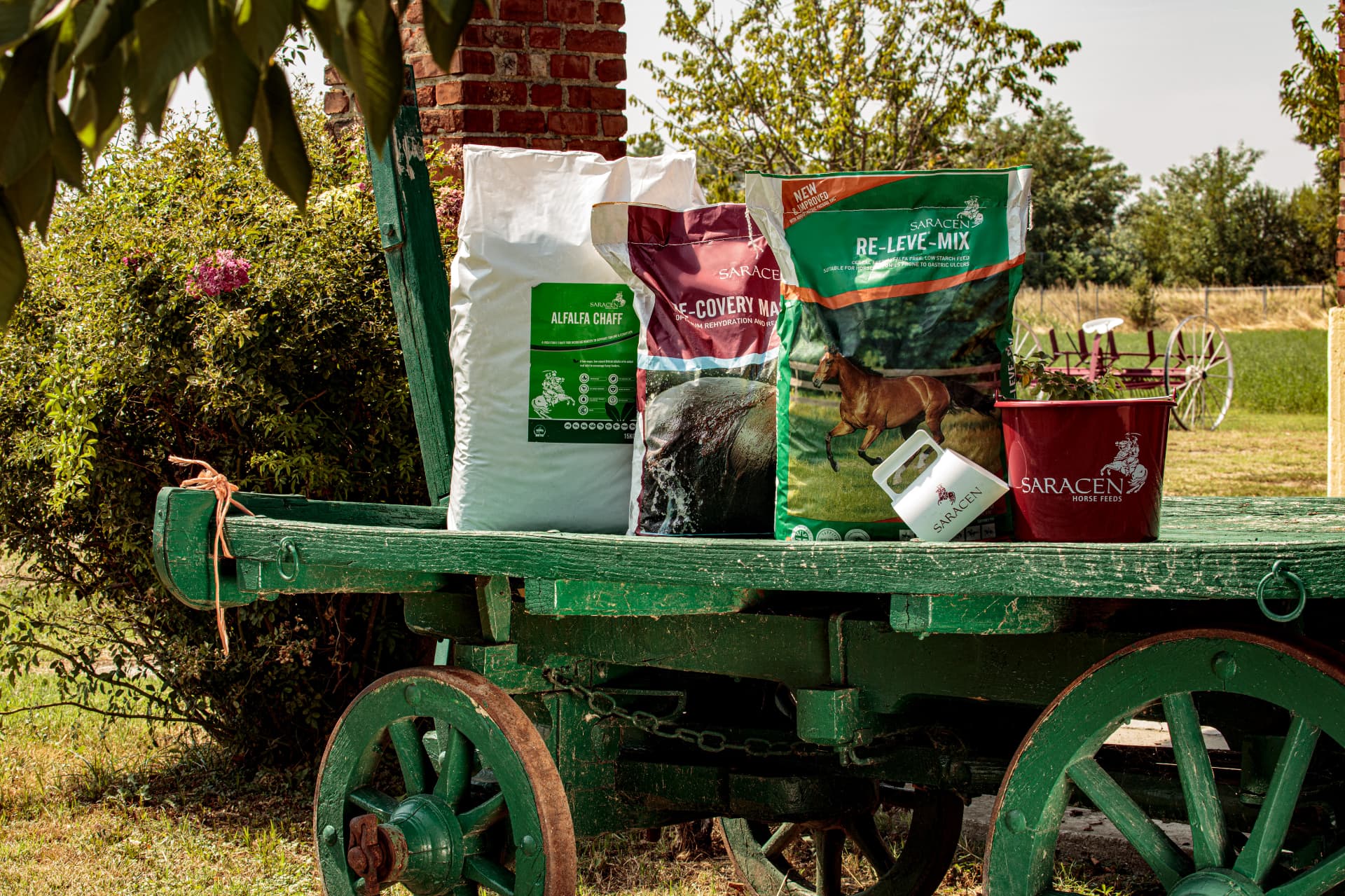
The importance of nutrition
We would like to point out that the most important thing to do in case of colic onset is always to contact the veterinarian without waiting.
The practitioner, as a matter of practice, immediately performs certain instrumental investigations, such as vital sign checks, stool tests, and abdominal X-ray.
Based on the results, he may decide to treat the colic with a variety of medications and treatments at his discretion.
However, getting to the point of being forced to give expensive and unpleasantly heavy medication to horses is often unpleasant.
For this reason, our experience in equine nutrition prompts us to recommend some of our food products that can help prevent this issue by ensuring a balanced set of nutritional values for your horse.
Alpha Chaff
Alpha Chaff is a 100% natural high-fiber Saracen forage.
Feeding your horse this forage increases his chewing time, subsequent salivation and is therefore very healthy for his digestive system.
Re-covery Mash
Re-covery Mash is a Saracen signature mash that is very high in fiber, promotes intestinal motility and is great for even the most discerning palates.
Administering it more or less weekly will help the horse assimilate the amount of fiber it needs for its well-being.
Super Fiber Mix
Saracen’s Super Fibre Mix is a fiber-based feed. It turns out very palatable and is packed with healthy nutrients, including important fiber, for your horse’s health.
Feeding the horse is serious business and requires attention.
Every horse has different needs, only experienced nutritionists can provide precise and detailed doses for each feed.
